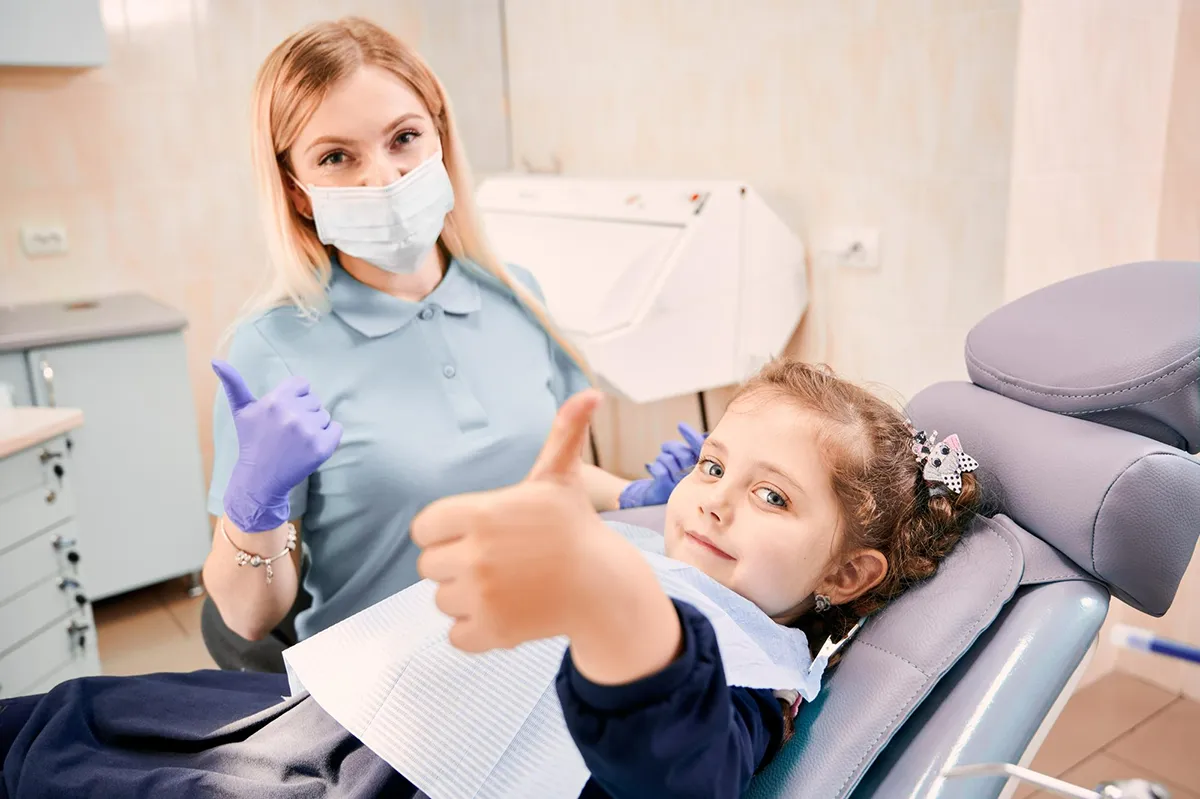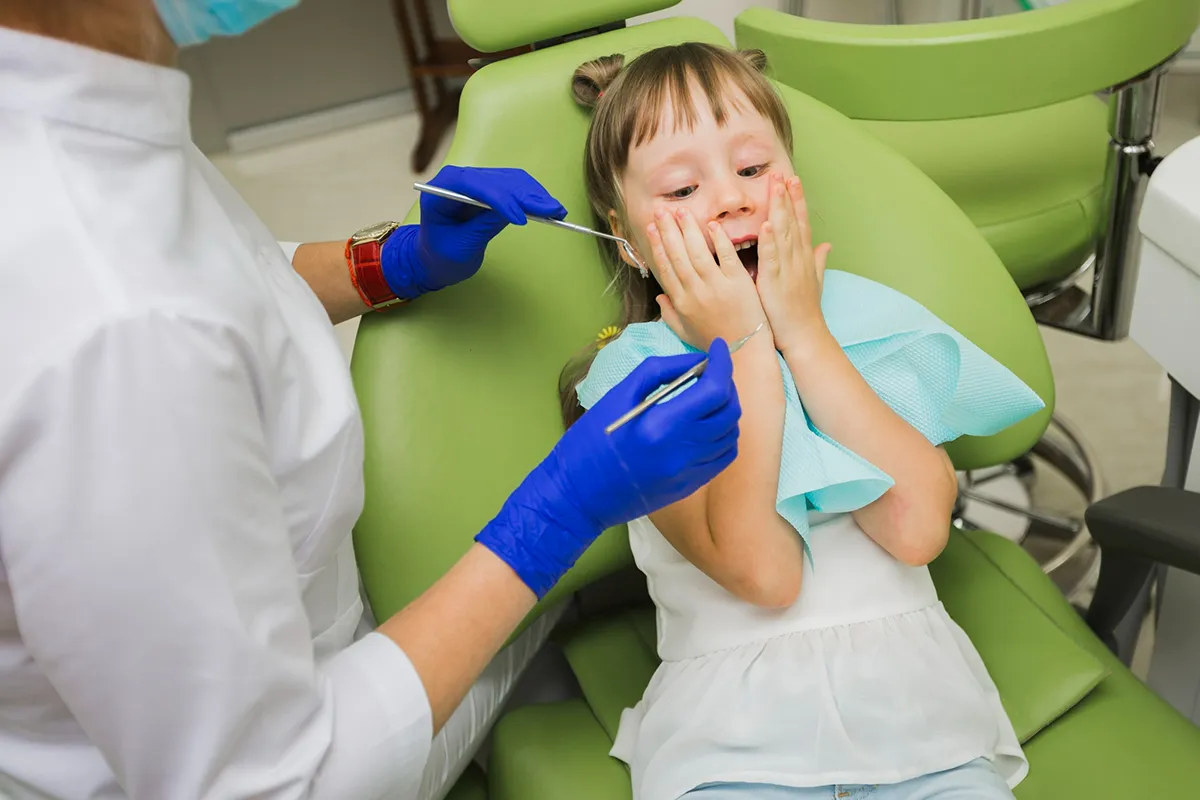Teeth Grinding
Teeth grinding, also known as Bruxism in medical terminology, is a reaction to psychological stress or anxiety. People tend to clench or gnash their teeth while sleeping. There are a lot of methods suggested by psychologists to release pressure which requires putting pressure on something.
Some people use slime or other soft materials when they are anxious. The same happens with teeth grinding, but it is a pathological condition that has some adverse outcomes. It is also caused by missing or crooked teeth and by sleeping disorders like sleep apnea. The telltale symptom of Bruxism is a sore jaw and a constant headache when you wake up.
Treatment
In many cases, the treatment is not significant. Many adults don't clench or grind their teeth badly, and children outgrow Bruxism and mostly do not require any treatment.
Dental correction:
In extreme cases, when your teeth wear lead to high sensitivity and have inability in chewing, your dentist will repair the damaged teeth and reshape the chewing surfaces, which are named dental correction. It does not damage healthy teeth and leaves no side effects or after-effects.
Mouthguards and Splints:
The damage caused by grinding and clenching teeth can be preserved by these mouthguards that are designed to keep the teeth separated that are damaged. The mold of the guard is designed according to the shape of teeth, so they fit perfectly. Nowadays, self-designed mouthguards are also available, which are more convenient to use as you don't have to visit the clinic repeatedly.
Prevention

- Nightguards or Mouthguards
Mouthguards are a way better option than any other for preventing teeth grinding. They are designed specifically according to the type and shape of one's teeth. Nightguards or mouthguards protect the shape of teeth while grinding as they do not let the pressure affect your teeth.
- Stay relaxed
About 70% of the grinding is due to anxiety and stress. Before going to bed, take a bubble shower, read your favorite book, or do some relaxing mindfulness exercises.
- Mandibular Advancement Devices
These are devices that will bring your jaw forward during sleeping. Some dentists also recommend you some orthodontic treatment to fix your tooth misalignment.
- Nightguard
Must wear a nightguard while sleeping. It will prevent your teeth from damage and also overcome your jaw pain. Talk to your dentists to determine which is the best fit for you to wear.
Conclusion
It is better to adopt preventive measures before getting your teeth damaged or crooked. This will not alter the natural shape of your teeth but will lead to swollen and painful gums. Bruxism can also damage the temporomandibular joint due to height pressure. So, visiting your dentist regularly and using mouthguards can help you to have healthy teeth.
Resource:
*Neither this nor any other content in this media is meant to prescribe, recommend, or prevent any treatment or procedure. We highly recommend that you get the advice of a qualified dentist or other medical practitioners regarding your specific dental condition.
Subscribe To Our Newsletter
Get Updates And Learn From The Best


